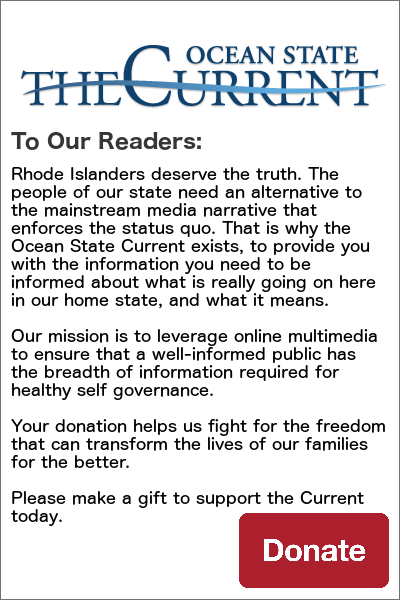Identity Politics and Recognizing the Villain in the Mirror
I’ve written before about how even progressive authors wind up telling conservative stories, because conservative stories are true. The story of progressives’ march through the cultural institutions is, in my view, mainly about the sowing of deception, of trying to make people deny the reality that they see. To simplify: Take the traditional hero with traditional values and put him or her in a non-traditional costume, thereby giving the superficial trappings the shape of Truth.
One pair of significant truths that are challenged by identity politics is that we’re all human beings and human beings are all flawed and tend toward self interest. Progressivism requires that we create categories of human beings who cannot be evaluated as if they might be flawed. Any demonstrable flaws are so excusable as not to be flaws at all. Consider two paragraphs from Brendan O’Neill’s Medium essay highlighting a bit of a rhetorical pickle in which progressives find themselves:
[An NBC News article] says one of the big problems with [To Kill A] Mockingbird is that it “complicates the modern ‘believe victims’ movement”. As most people educated in a school in the Anglosphere over the past 30 or 40 years will know, Lee’s tale focuses on siblings Scout and Jem and their dad Atticus, a lawyer who defends Tom Robinson, a black man accused of raping a white woman called Mayella. Mayella is lying. She made sexual advances to Tom, for which she was severely punished by her father, and so she and her father concoct a story about Tom raping her. Atticus encourages people to disbelieve this woman who says she’s been raped. And that’s bad, apparently. These days anyway. Letting schoolgirls read this book will fuel their “growing suspicion that people don’t believe girls who say they have been raped”, says the NBC News piece. It makes us think there is “reason to doubt” rape accusers. …
[box type=”note” style=”rounded”]To Our Readers: We need your support to challenge the progressive mainstream media narrative. Your donation helps us deliver the truth to Rhode Islanders. Please give now.[/box]
But here’s the thing: there is “reason to doubt” rape accusers. Just as there is reason to doubt everyone who makes an accusation of a crime, be it rape, assault, harassment, or whatever. Indeed, doubt is written into fair justice systems. We treat accusers sympathetically, yes, but not religiously. (“Is the accuser always holy now?”, a character asks in Arthur Miller’s The Crucible, to indicate how horribly wrong things can go when accusers are treated religiously.) Our belief in the innocence of the accused, our insistence that his guilt must be established beyond reasonable doubt, our affording to him of numerous opportunities to scupper the accusations against him — all of this is designed to indicate scepticism towards accusations, and make it difficult to turn accusation into conviction. Why? For one simple reason: the accused stands to lose something incredibly precious — his freedom. It is right that that should not be easy. It is right that we should be doubtful towards those who say things that could remove liberty, the stuff of life, from another person.
The identity politics deception is that such a story as Mockingbird cannot be considered true. Like the racists in the novel, progressives would have us assign each character to his or her demographic category to serve their preferred narrative. In the book, Robinson had to be the aggressor because he was black; in objecting to woman-doubting, progressives insist Robinson must have been the aggressor because he was a man.
Of course, not all people who identify themselves as progressives would go that far, but they should take the opportunity to challenge their beliefs and ask whether they might tend in that direction and mightn’t be forgetting the lessons of The Crucible. Look no farther than the dust storm last week over Rhode Island state Representative Teresa Tanzi’s unsubstantiated accusations for evidence that such reflection is necessary.


